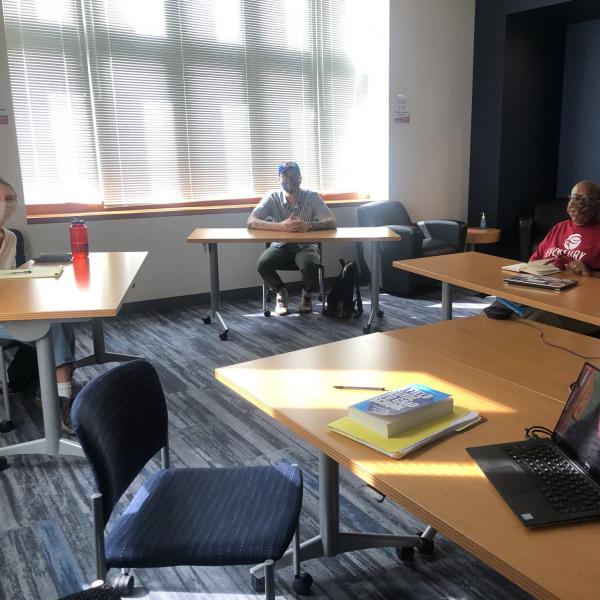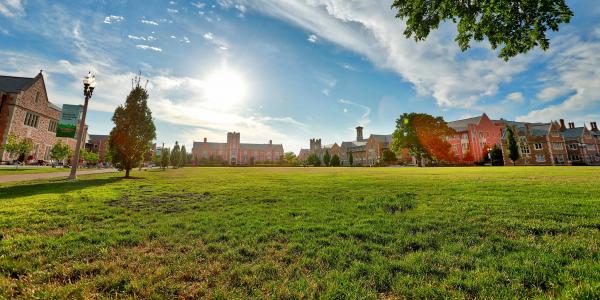Following the successful reopening of the Sociology Department in the Fall of 2015, including the hiring of numerous faculty members in recent years, the establishment of a thriving undergraduate major and minor, and the implementation of a successful postdoctoral program, we are excited to continue this momentum through our growing PhD Program in Sociology at Washington University in St. Louis!
Graduate students in our department will have the opportunity to work with an energetic group of faculty in a supportive, inclusive, and collegial research community. Our diverse faculty are highly active in research and are influential scholars in several areas of the discipline. We publish broadly in scholarly and public outlets, and are strongly committed to mentorship and research collaboration with students.
Our program will equip graduate students with a set of theoretical perspectives, methodological skills, and research experiences that can help them make major contributions to the discipline of Sociology, its relevant sub-fields, and public discussions of social inequality. Following in the tradition of Du Bois, our faculty value and employ diverse methodological approaches to producing rigorous empirical research that informs solutions to social problems; we are especially interested in addressing questions related to the origins and reproduction of social inequality as they relate to issues of pressing public concern.





